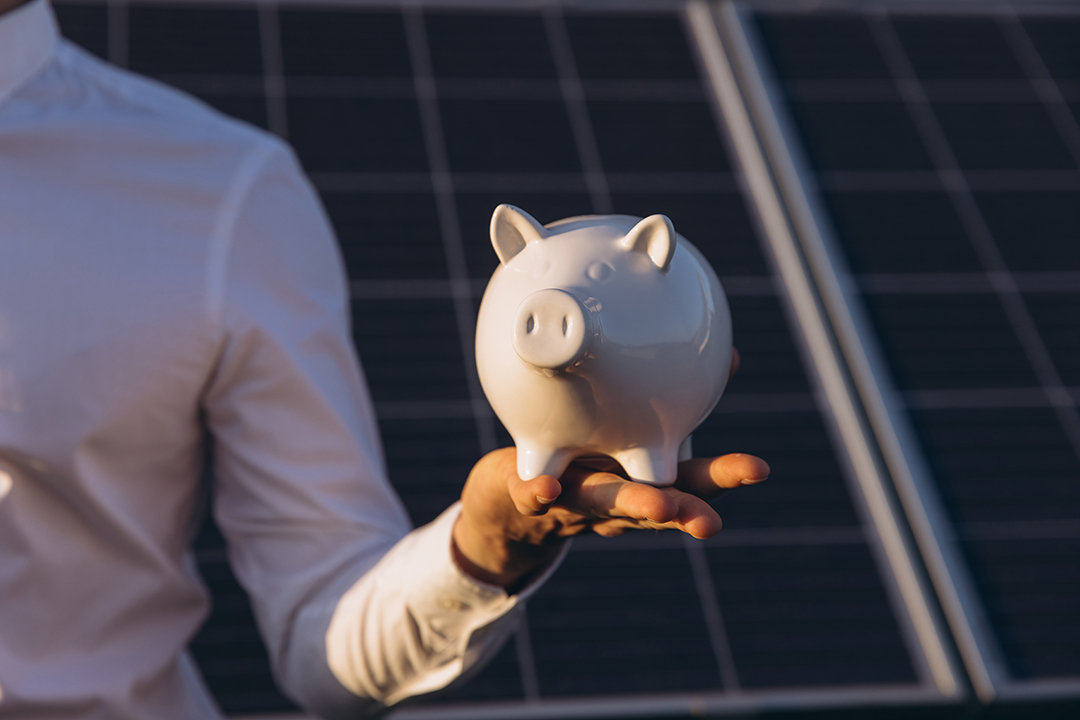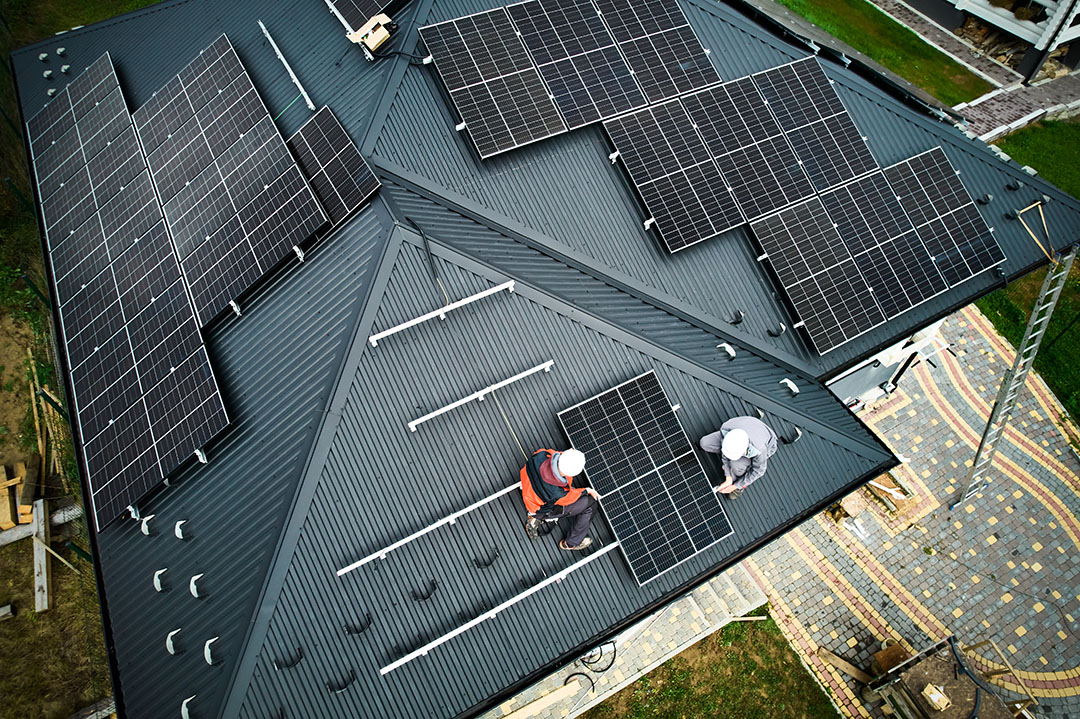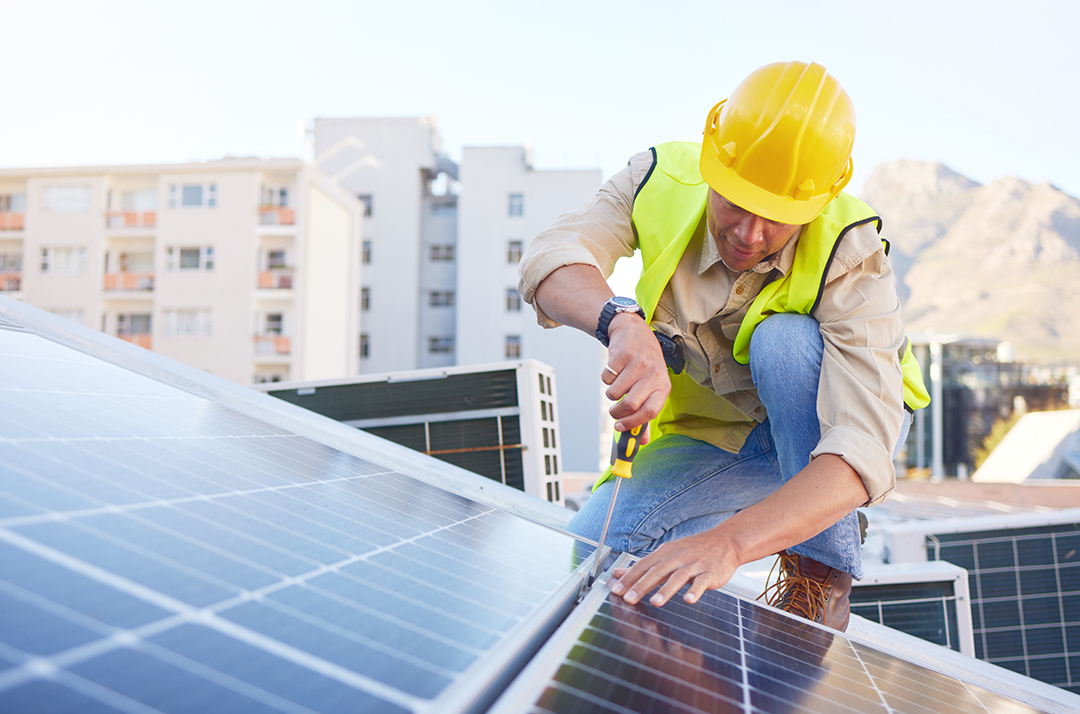Join the Solar Revolution Today
Our expert team works closely with every client to design, install, and maintain efficient, reliable solar systems. Together, we can create a brighter, more sustainable tomorrow.
- Investment in your future
Solar Citi provides custom solutions to help you reduce costs and go green. Let us make the switch easy for you.
Residential Solar
Our residential solar services are designed to maximize savings while reducing your carbon footprint.
Commercial Solar
By reducing electricity expenses and taking advantage of tax incentives, you can free up resources for other priorities.
Home Improvement
With quick installations and expert guidance, we provide reliable solutions for every home.
- Our Projects
See Our Work in Action
Each project reflects our commitment to quality and innovation. Join the growing community of satisfied Solar Citi clients.
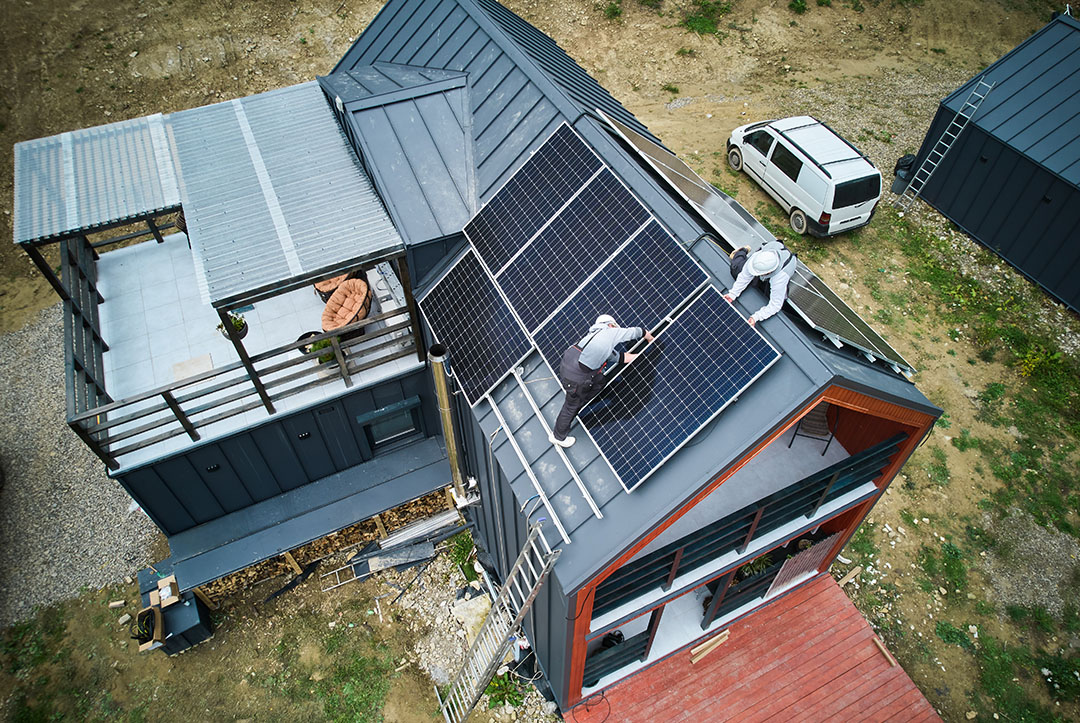
Residential Solar
Efficient solar panels installed to power a family home and reduce energy costs.
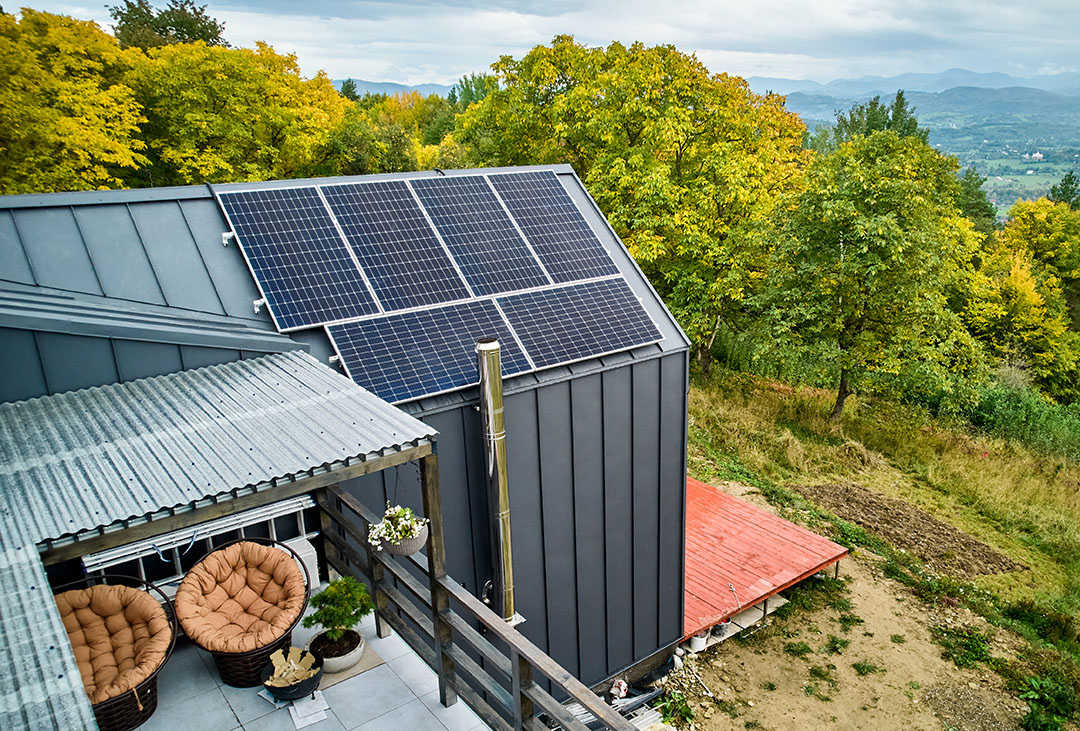
Eco-Friendly Solution
Solar panels installed to reduce carbon emissions and create long-term savings.
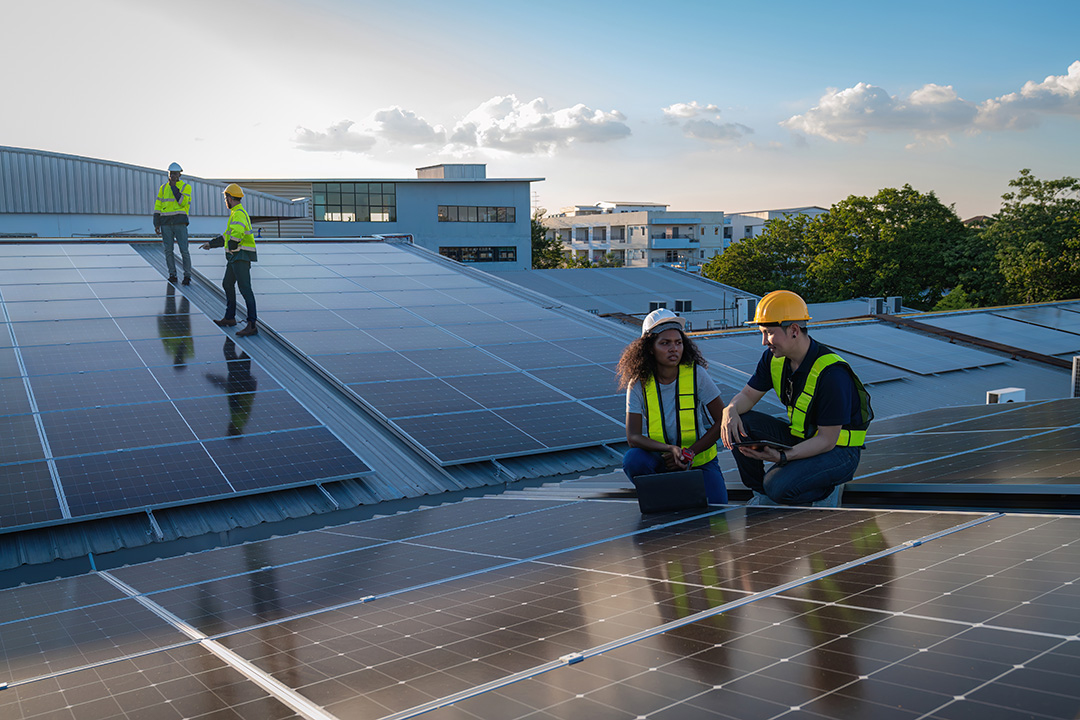
Commercial Upgrade
A large-scale solar system designed to cut business operating expenses.
- Our Blog
Read Our Latest Posts & Articles
How Solar Panels Save You Money in the Long Run
Investing in solar panels reduces energy bills and protects against rising electricity costs. With incentives like the ITC...
- FAQ
Frequently Asked Questions
Thinking about going solar but don’t know where to start? Our FAQs address everything you need to know, from initial consultations to the long-term impact of solar panels.
Solar panels capture sunlight through photovoltaic cells, converting it into direct current (DC) electricity, which is then converted into alternating current (AC) for home use. This technology allows sunlight to be harnessed as a renewable power source. The cost of solar panels varies widely based on factors like system size, location, and incentives. Prices have dropped significantly over the years, and many governments offer tax incentives and rebates to reduce upfront costs.
Yes, solar panels can be a worthwhile investment for many homeowners, especially as energy costs rise and solar technology becomes more affordable. By generating electricity from sunlight, solar panels help reduce or even eliminate monthly electricity bills. Most solar systems pay for themselves within 7 to 10 years through energy savings, after which any power generated is effectively free. Additionally, solar panels often increase property value and, in many regions, qualify homeowners for tax credits, rebates, and other incentives that help offset upfront costs. Environmentally, solar panels contribute to reducing carbon emissions and reliance on fossil fuels, aligning with broader goals of sustainability. However, the return on investment (ROI) depends on several factors: local electricity rates, available incentives, the amount of sunlight the area receives, and roof suitability. For many, the combination of financial savings, energy independence, and positive environmental impact make solar panels a solid long-term investment.
Most solar panels last between 25-30 years with little maintenance required, though output may slightly decline over time. Many systems come with warranties to protect against defects and efficiency drops. Regular maintenance, such as cleaning and checking the electrical components, can help ensure panels operate efficiently for as long as possible.
Savings vary based on energy usage and local rates, but homeowners can often reduce their electricity bills by 50% or more, and in some cases, eliminate them entirely by generating surplus power.
By integrating an energy storage system, like a battery with your solar arrays, you can store excess energy for future use. This stored energy acts as a backup during emergencies such as blackouts or natural disasters, ensuring you have a reliable power source when needed most. At Solar Citi, we consider solar batteries an essential component for the smooth and reliable operation of most solar panel systems. While solar panels will continue to generate electricity when it’s cloudy, they do so at a considerably diminished capacity. Solar batteries solve this problem by storing energy collected when the sun is shining for use when it’s not.

